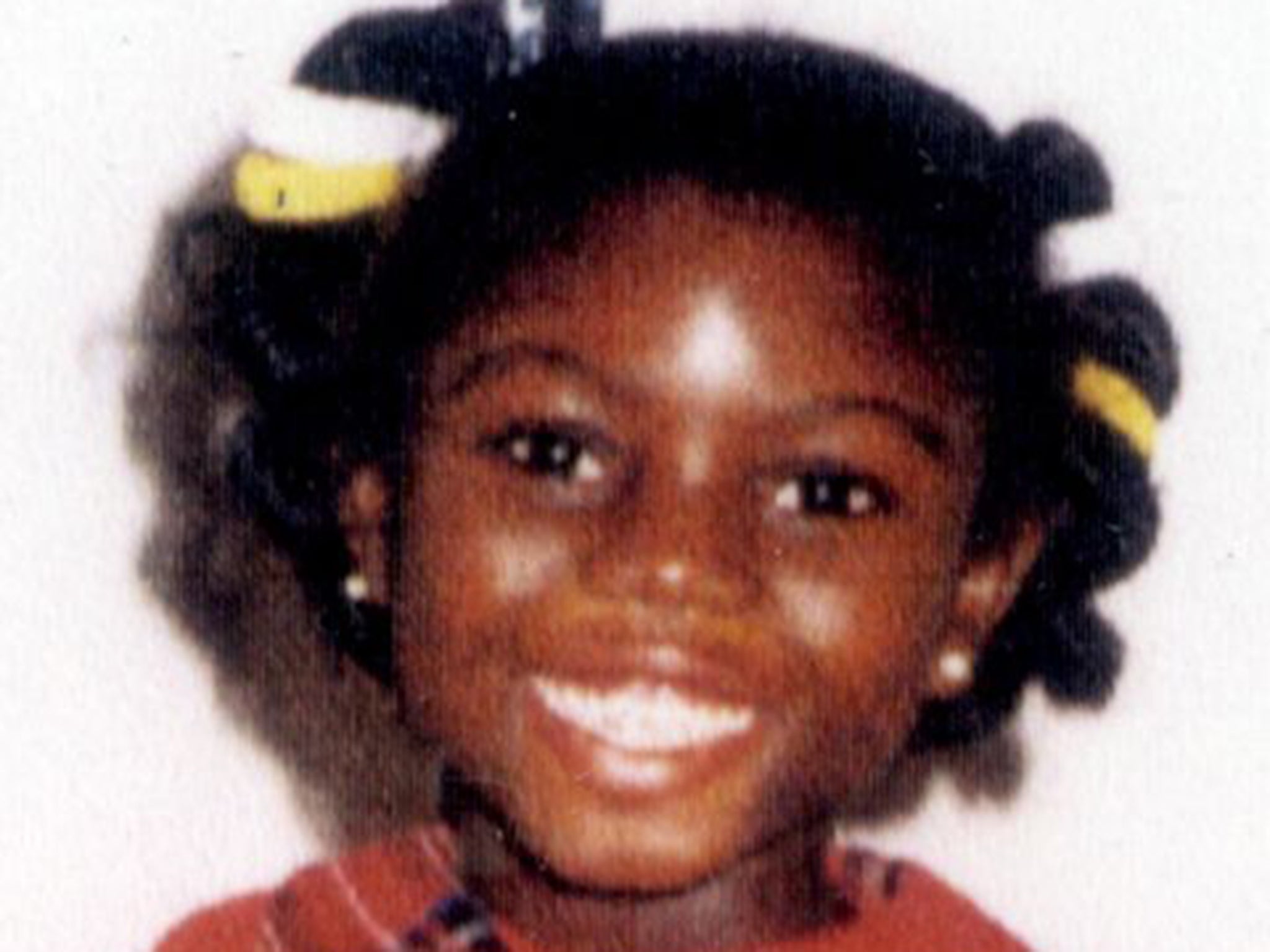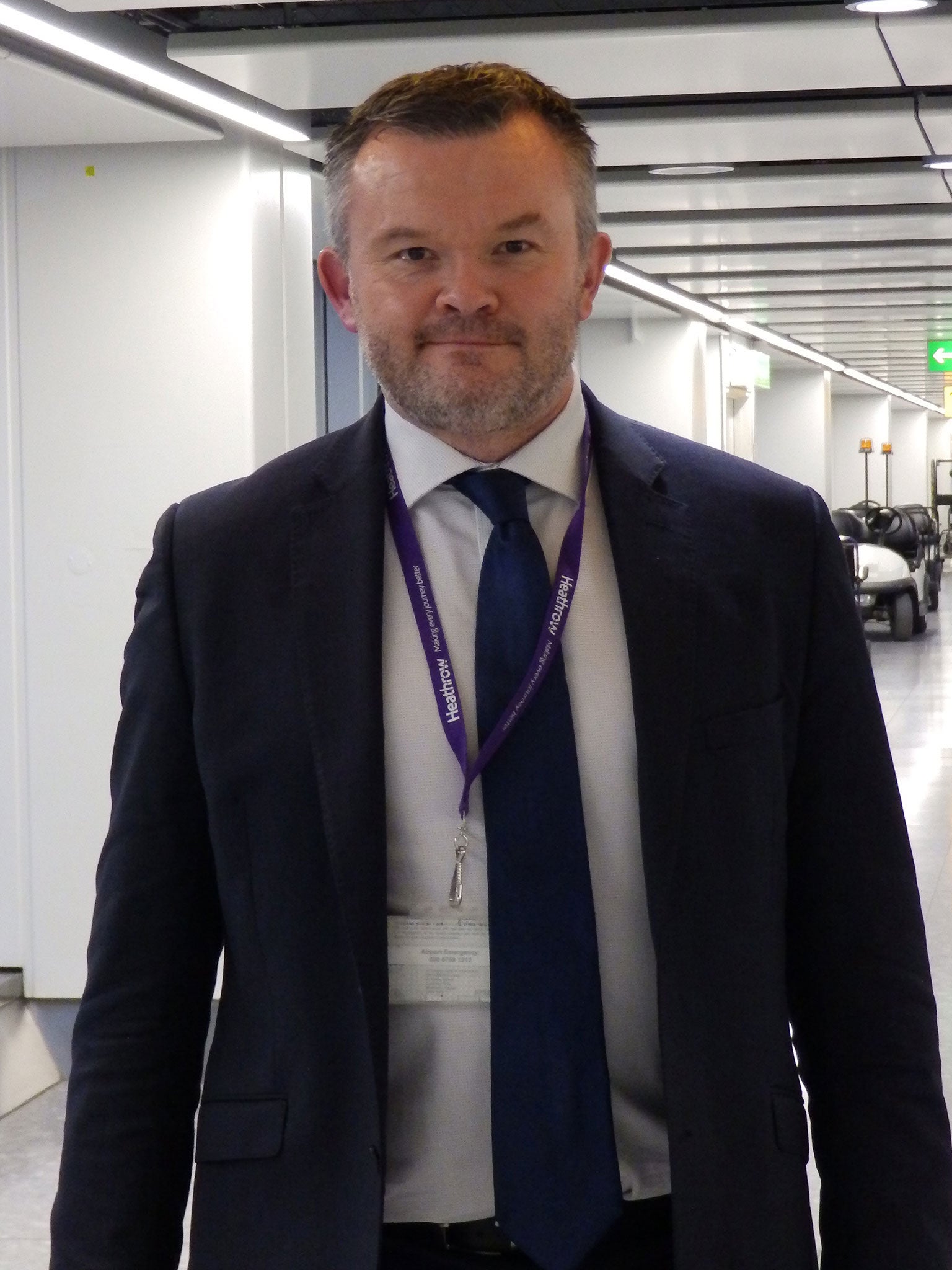Coronavirus could cause rise in witchcraft and possession allegations in UK, police say
Exclusive: Coronavirus ‘will be seen through a spiritual lens by those who have a belief in witchcraft’, senior officer says

Your support helps us to tell the story
From reproductive rights to climate change to Big Tech, The Independent is on the ground when the story is developing. Whether it's investigating the financials of Elon Musk's pro-Trump PAC or producing our latest documentary, 'The A Word', which shines a light on the American women fighting for reproductive rights, we know how important it is to parse out the facts from the messaging.
At such a critical moment in US history, we need reporters on the ground. Your donation allows us to keep sending journalists to speak to both sides of the story.
The Independent is trusted by Americans across the entire political spectrum. And unlike many other quality news outlets, we choose not to lock Americans out of our reporting and analysis with paywalls. We believe quality journalism should be available to everyone, paid for by those who can afford it.
Your support makes all the difference.Witchcraft accusations against children and vulnerable people could rise in Britain because of the coronavirus outbreak, police have warned.
There are concerns that victims will be abused by believers who blame them for illness or misfortune.
Police say “unscrupulous” faith leaders will exploit people’s fears by performing potentially dangerous exorcisms, or offering fake cures.
Almost 2,000 children were identified as potential victims of abuse linked to faith and belief in England during the last financial year, and such practices have resulted in several deaths.
Inspector Allen Davis, who leads the Metropolitan Police’s response to the issue, told The Independent coronavirus will be “seen through a spiritual lens by those who have a belief in witchcraft”.
“These beliefs are extremely common and in many parts of the world they are the norm, not the exception,” he added.
“We’re concerned with a rise in accusations against vulnerable individuals who will be labelled as witches and for having caused the misfortune.”
Beliefs in witchcraft and possession are seen in some African and Asian diaspora communities, and frequently trigger violence in countries including Tanzania, Burkina Faso, Ghana, Kenya and Malawi.
A study released on Friday found that after accounting for differences in age, sex and geography, black African fatalities linked to Covid-19 are 3.5 times higher than white people in Britain.
The research also found Bame men are more likely to be in jobs affected by the shutdown of large parts of the economy.
Separate analysis by the Office for National Statistics showed that people living in the most deprived areas of England have experienced coronavirus mortality rates more than double those living in the least deprived areas.
Insp Davis said people who believe in malevolent forces may be “looking for a reason to blame someone” for illness, death, job losses or financial struggles.
“So they will go to pastors and prophets, who will confirm the family’s diagnosis that somebody is possessed,” he added.
“You are likely to see an increase in deliverance or exorcisms, with a distinct financial benefit for those involved … families do not necessarily do it because they don’t love their child - they have a genuine belief and think they’re protecting them by ridding them of evil.”
There are concerns that with schools closed and most face-to-face social work and health visits stopped, warning signs will not be spotted.
“Those who are vulnerable are locked in their homes and don’t recognise what’s happening to them,” Insp Davis said. “They will be brainwashed into accepting it.”
Several children have been killed in the UK as a result of horrific abuse meted out by guardians who believed they were possessed or witches, including an eight-year-old girl who was tortured and 15-year-old boy who drowned during an exorcism.
Disabled children and those with epilepsy or autism, twins and others “with a difference” have been more vulnerable to such accusations in the past.
But Insp Davis said that amid a wider rise in domestic abuse, the risk could broaden out to see “partners branded as witches over personal misfortune”.
Insp Davis said police were also concerned about faith leaders and churches making claims that they can cure coronavirus or protect people from infection, either through prayer or fake cures.
In March, a church in south London was found to be selling £91 “plague protection kits”, made of a bottle of oil and red string.

The Charity Commission said it was examining “serious concerns” about the Kingdom Church, and that it would sanction any charity exploiting people’s anxiety during the coronavirus pandemic.
“In some of these more unscrupulous settings there’s financial exploitation as well as other forms of exploitation,” Insp Davis said.
“There’s nothing wrong with those beliefs per se - it’s the harms and abuses that take place in their name.
“What we’re also concerned about is faith leaders and members of religious communities making claims they can cure Covid-19. There is evidence of that globally.”
Det Sgt Kate Bridger, of Scotland Yard’s harmful practices team, said that the Tanzanian president’s call for national prayer instead of a lockdown had sparked international media coverage and support.
“This is the time to build our faith and continue praying to God, and not depend on face masks,” John Magufuli told a church service. “Don’t stop going to churches and mosques for prayers.”
A popular Nigerian pastor, Chris Oyakhilome, linked the virus to 5G networks and alleged that it was part of a plot to create a “new world order” in a viral video.
Det Sgt Bridger said “very strong” religious beliefs were pitting medical advice against religious leaders.
“People believe that they should crowd out that church and pray their way out of this, because He will tell them what to do,” she warned, saying some believers see coronavirus as the anger of God, or righteous punishment.
Insp Davis said the issue was “global”, adding: “We’ve got to be mindful of what’s happening in the international context, because that directly impacts on what will happen here.”
Police also fear that with rising poverty, forced marriages could rise as families attempt to get bride prices for daughters.
That could lead to a rise in female genital mutilation (FGM), which in some cultures is viewed as a requirement for marriage.
While it is more common for girls to be taken abroad to be cut – a journey made more difficult by coronavirus – FGM has also taken place in the UK.
Insp Allen appealed for anyone with information on child abuse or harmful practices to come forward, adding: “Our work is not stopping, if we know that people are at risk or there are perpetrators targeting the vulnerable we will do everything we can to go after them.”
Anyone with concerns over FGM or child abuse linked to faith or belief can call a dedicated NSPCC helpline on 0800 028 3550 or email fgmhelp@nspcc.org.uk.
Those worried about forced marriage or honour-based abuse can contact Karma Nirvana’s national helpline on 0800 5999 247.